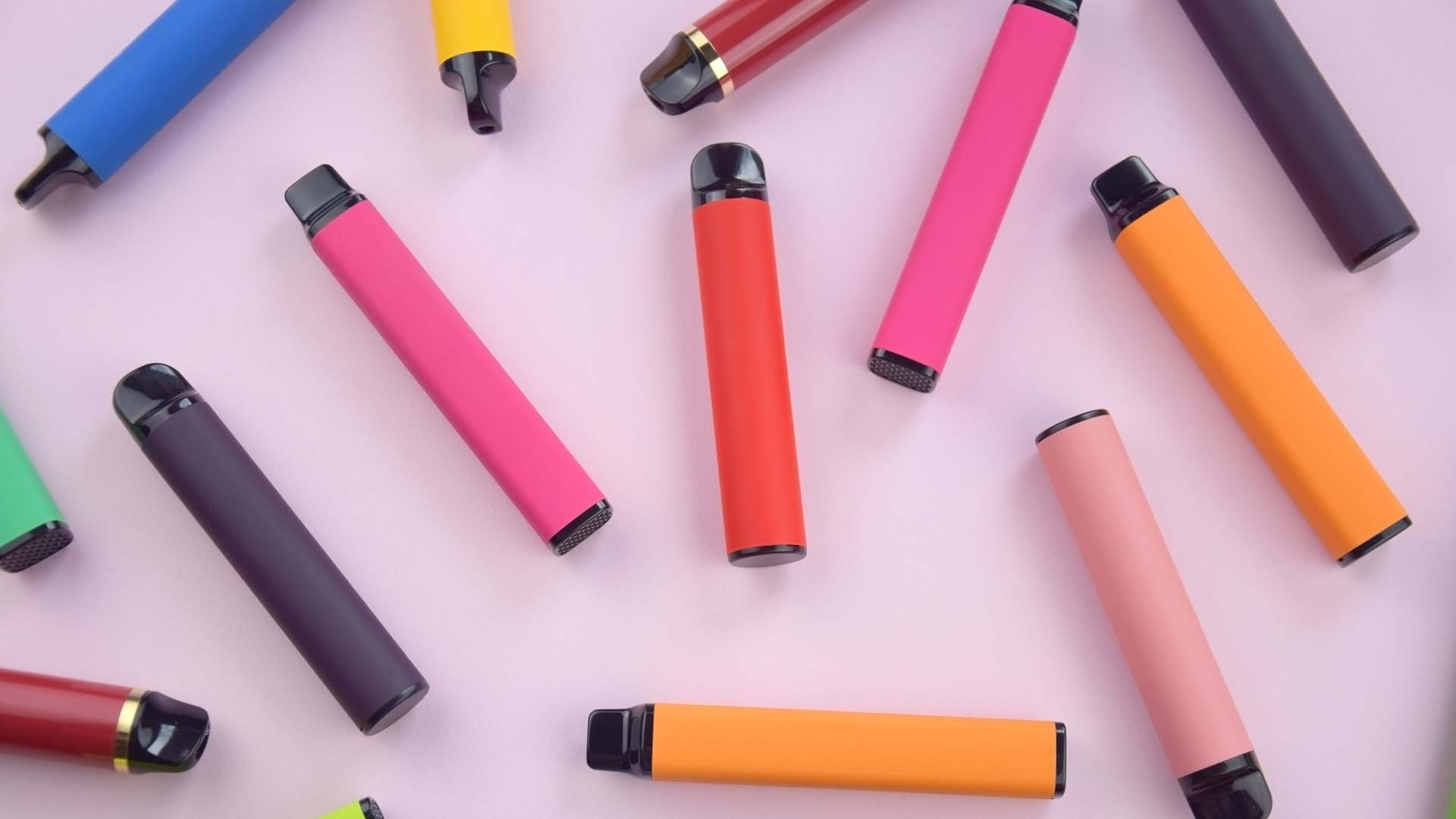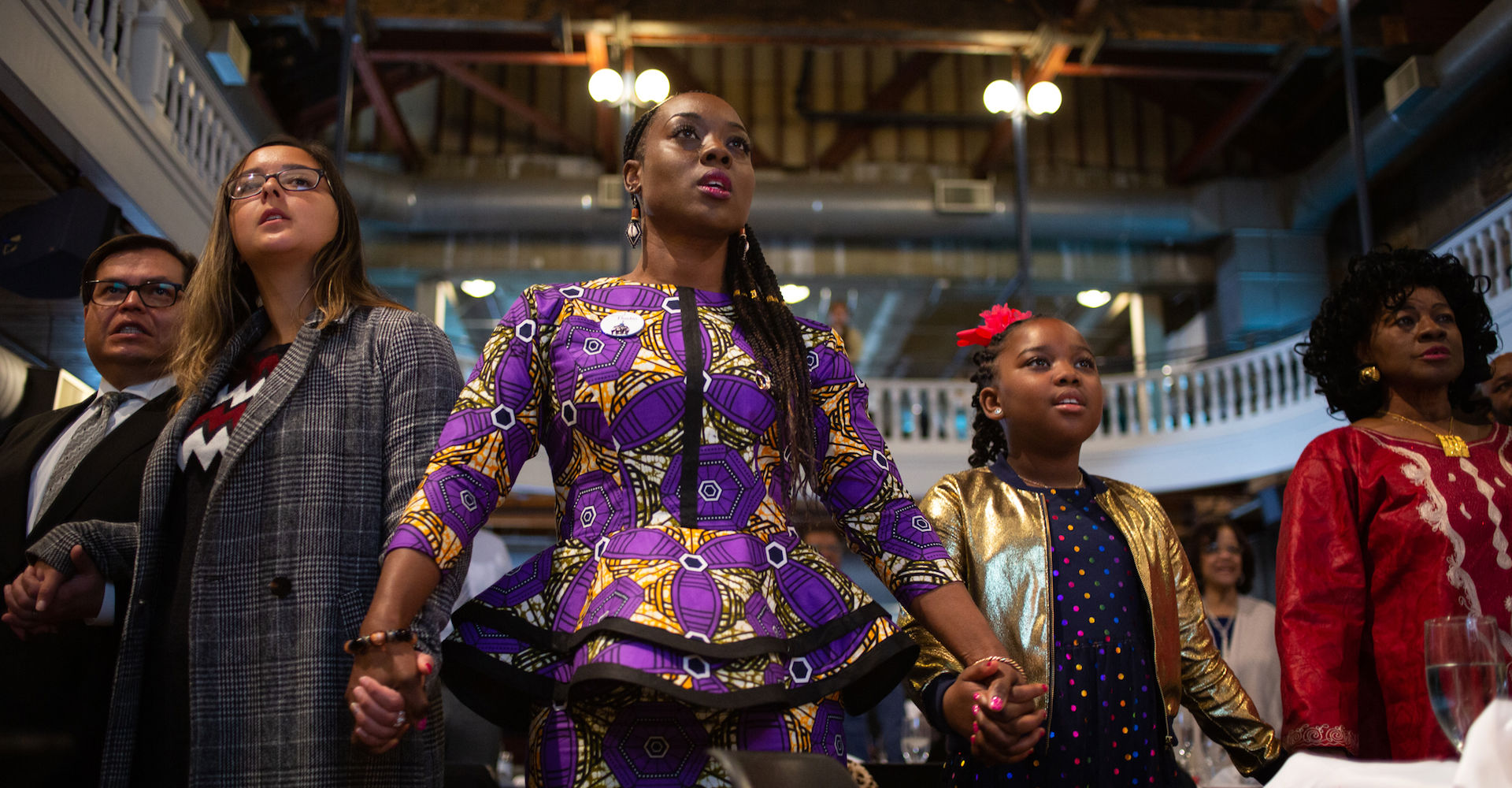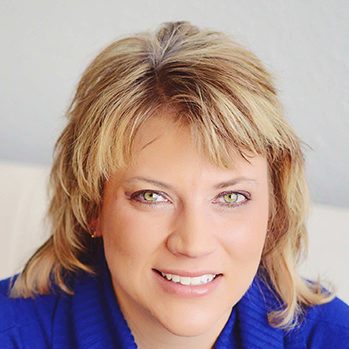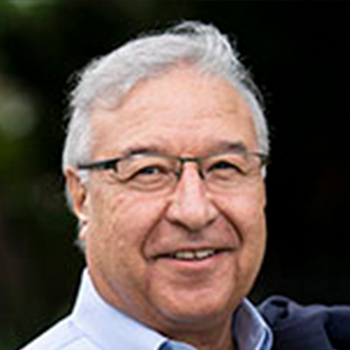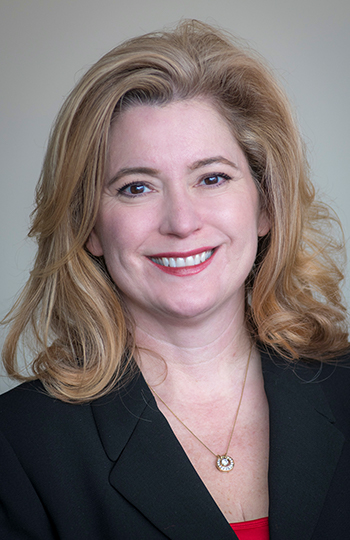Students take the stand
Graduate social work and law students collaborate in a mock trial preparing them for careers in advocacy.
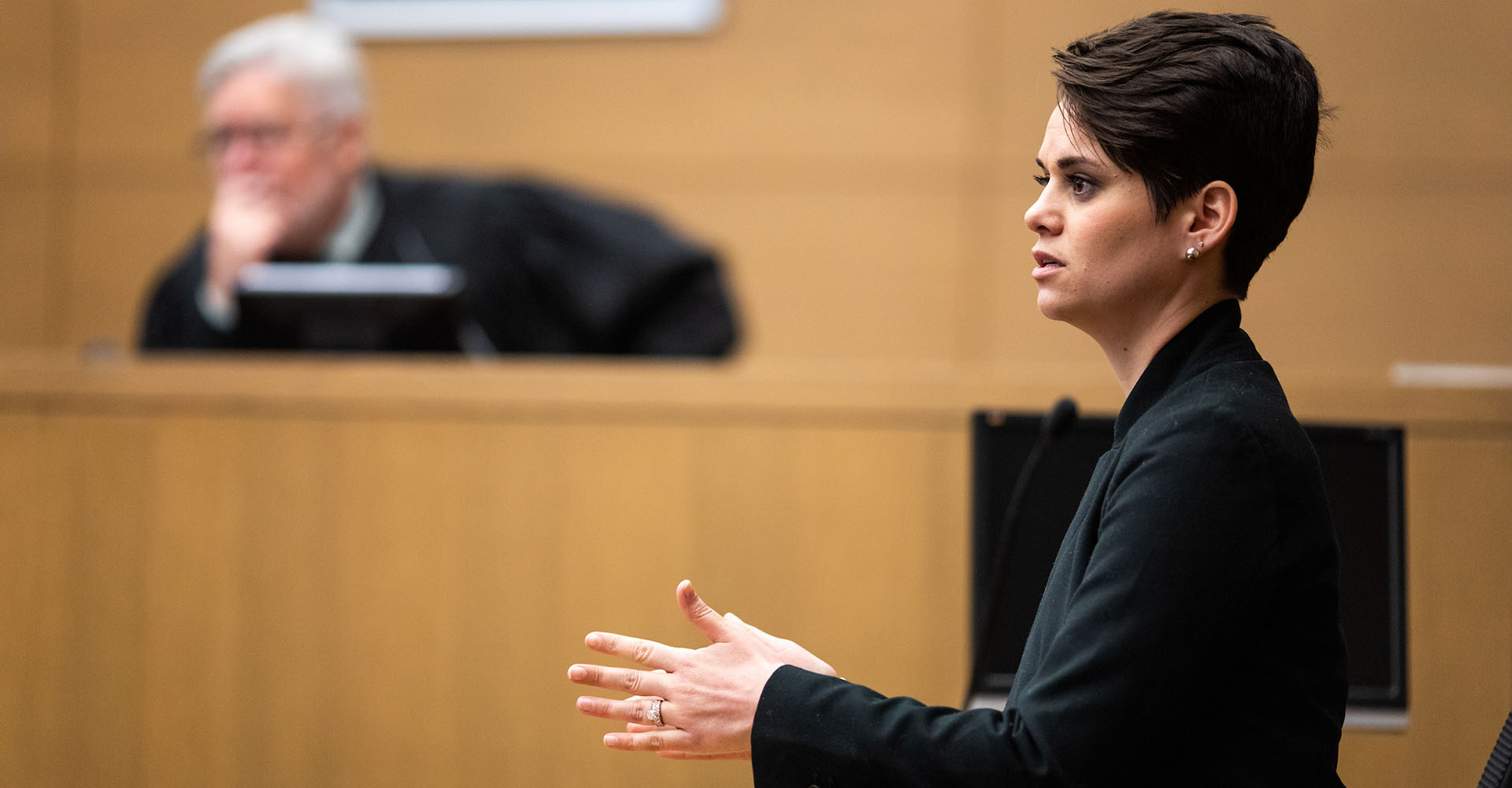
Young Barbara Cook’s future hangs in the balance.
“Has Susan Cook, as a mother, been successful in addressing her drug abuse issues?” asks the cross-examining counsel.
The case worker on the stand in this simulated parental rights termination case details a multitude of challenges Cook, Barbara’s mother, has struggled with since she was a teenager. This mock trial playing out in Denver’s Lindsey Flanigan Courthouse brings together Metropolitan State University of Denver graduate social work students and University of Colorado Law School students.
Counsel follows up by asking the case worker if, based upon her professional expertise, she thinks Cook will be successful in remediating these issues.
After a pause, the case worker replies with a succinct assessment: “No.”

Practicing success
Though this case is fictional, the procedures being followed are exactly what the graduate students participating in this mock trial can expect when they step into professional roles post-graduation – quite possibly in this very courtroom.
“Social work students have a greater opportunity now than ever before to work in the legal field,” said Lori Darnel, J.D., assistant professor of social work at MSU Denver. “Though (interdisciplinary collaboration) is not new, attorneys are understanding many more avenues to utilize the skills and expertise that social workers bring regarding assessment, recommendations for treatment and case strategies.”
In addition to applied education, Darnel said the mock trial — taking place during Social Work Month 2019 — also serves to address the workforce reality future social service employees will face: high turnover, especially with case workers in child protective services.
The MSU Denver assistant professor harnessed her previous legal relationships, including Colene Robinson, clincial professor and co-director of CU Law’s Juvenile and Family Law Program, to launch this interdisciplinary and inter-institutional courtroom collaboration.
During the mock trial, Darnel’s 40-plus MSU Denver graduate students from the graduate-level Legal Issues class rotated through the role of case worker, each spending about five minutes on the witness stand while being questioned by CU Law students portraying opposing counsels.
For Darnel, the exercise was all about setting her students up for success.
“We want to help our students feel comfortable in a courtroom setting to advocate for their clients within the justice system,” she said. “Being on a witness stand and having your work dissected is humbling. Practice always makes better.”

MSU Denver social work student Mary Beth Kruger played the case worker who weighed in on Susan Cook’s fitness to parent. She took the stand with some familiarity with this courtroom scenario because of her work as a Denver court-appointed special advocate volunteer.
“I worked with dependency and neglect cases in juvenile court,” she said. “This was a great opportunity to see it from a case-work side instead of the volunteer perspective.”
Kruger plans to pursue contract work in the adoption arena post-graduation. She found a great deal of value from the experience, especially the challenges posed by rendering a point-blank expert opinion to the court.
“It’s tough,” she said. “You want all families to reunify, but you have to make a definitive determination based upon the information you’re presented with.”

MSU Denver faculty with varied legal backgrounds presided over the mock courtroom, makings sure decorum was followed and that the objections weren’t objectionable.
Peter Stapp, a retired magistrate from Adams County and an affiliate professor at MSU Denver, provided some constructive criticism and acknowledged the preparation of student participants.
“This was a tough case and the students were all well-briefed, which is hard when you’re not living it day-to-day,” he said.
Collaborating with CU Law on the applied experience excited Rebecca Wiggins, another faculty member who is also a senior assistant county attorney in Adams County.
“There are high stakes when you’re called to testify as a case worker,” she said. “You’re being asked for an expert opinion, and that can be really intimidating. This (mock trial) gives students an opportunity to get first-time nerves out of the way and learn how to keep their cool when they’re under pressure.”

Career ready
The verdict in this mock trial was unanimous: This applied courtroom exercise worked.
Its value was twofold, explained Stapp. First, students get to understand what it’s like to be in court — what it feels like, and what it means whe a case has larger implications. Second, it provided students an opportunity to operationalize their future roles in the legal system.
“When they get the chance to read the report, they really come to understand what their job is and what they have to do,” he said.
Jobs in social work are increasingly available for graduates with courtroom experience, which is why both Darnel and Wiggins foresee the collaboration between these two graduate programs growing in prominence moving forward.
“Being able to testify is a skill in and of itself,” Darnel said. “It’s really important for those in the social work field to feel good about being in the courtroom, and the more comfortable they are navigating it, the longer we retain professionals in the field.”
The job prospects favor those with this type of experience, too.
“They have an advantage because they’ve had this opportunity, having presented as a witness and learned from the process,” Stapp said.

